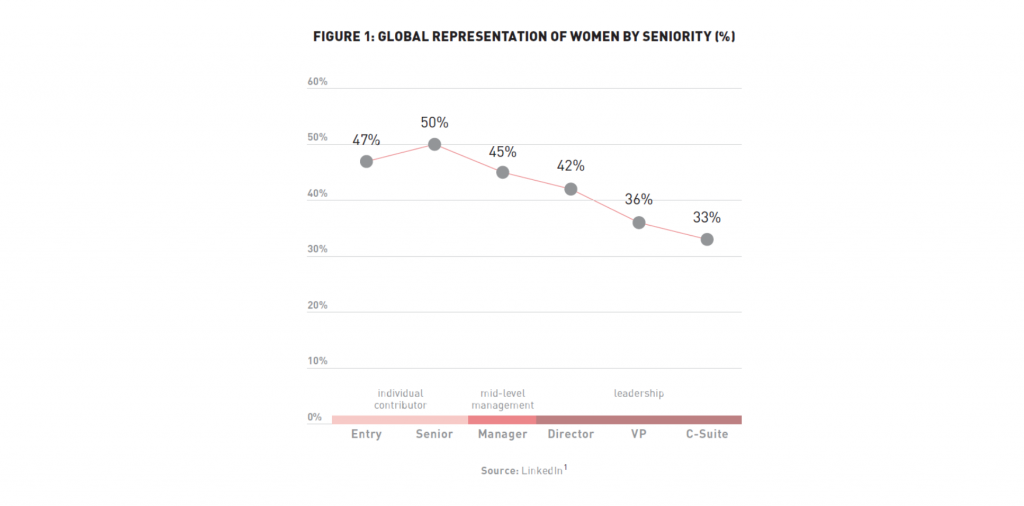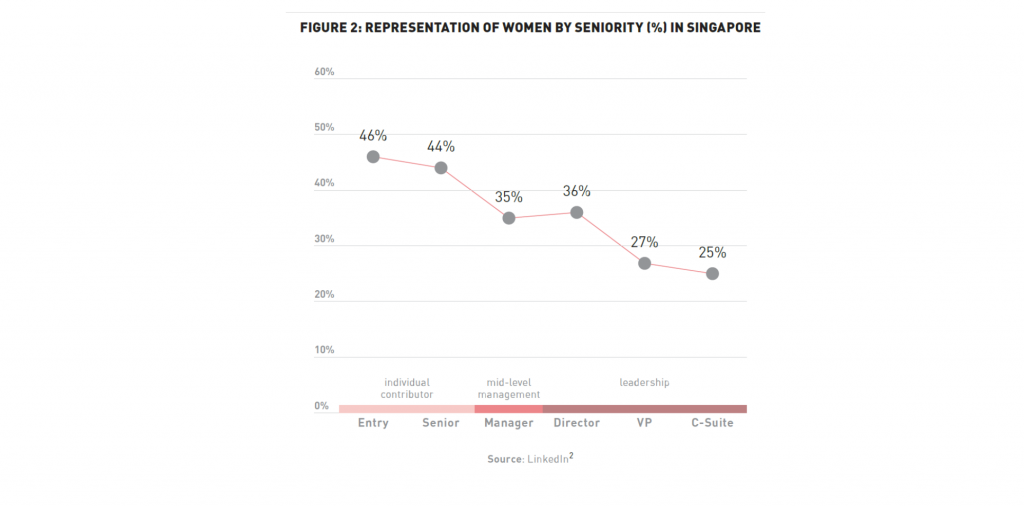Ramadhan, the ninth month of the Islamic calendar, is widely recognised as a period dedicated to fasting, prayer, and spiritual reflection among Muslims worldwide. From dawn until sunset, we abstain from food, drink, and other physical needs, purifying the soul, fostering self-discipline, and deepening our respective connections with Allah. This month is also traditionally associated with self-reflection, heightened devotion, and acts of charity, which align closely with core Islamic values.
In recent years though, observers have noted a shift in how Ramadhan is practiced with greater commercialisation, particularly over-consumption and opulence. While this article merely focuses on food consumption, it merely scratches the surface as this extends well into excess spending and flagrant displays of materialism. One may argue that these may diminish the spiritual essence of the month, emphasising indulgence over introspection and piety, particularly regarding the consumption of food during sahur (the pre-dawn meal) and iftar (the meal to break the fast at sunset). These meals, initially intended as simple sustenance to support the fast and encourage gratitude, are becoming more elaborate. This trend toward indulgence and culinary excess has drawn attention for its potential to diverge from principles of moderation and self-restraint that are integral to fasting, as well as its impact on the opportunities for spiritual growth and empathy toward those in need.
These changes stand in stark contrast to the realities faced by many Muslims worldwide who are unable to observe Ramadhan in comfort due to war, displacement, and severe economic hardships. In countries like Syria, Yemen, Palestine, and Afghanistan, ongoing conflicts leave countless families struggling with hunger and insecurity. Refugees and internally displaced persons often lack access to even basic necessities, let alone the ability to celebrate Ramadhan in the traditional sense.
For these communities, fasting takes on an entirely different meaning – an extension of their daily struggle for survival. The evening meal to break the fast, which is a moment of celebration and gratitude for many, might consist of the barest scraps, if anything at all. This stark disparity between those who endure Ramadhan in hardship and those who observe it amidst abundance prompts a deeper question about how Muslims worldwide can embody the spirit of the month: through empathy, solidarity, and action to alleviate suffering.
Commercialisation to Materialism
Iftar, arguably, traditionally a family-centred tradition, has increasingly evolved into a platform for economic and social posturing. Lavish iftar dinners hosted by larger organisations have become tools for public relations and, according to some critics, a way to showcase wealth. This trend reflects the rising visibility of religion in public spaces and the emergence of an affluent Muslim bourgeoisie, which is not necessarily a bad thing. However, there appears little resistance to such gatherings being politicised and highly focused on their lavishness and social exclusivity, increasingly turning them into more a social activity than a religious one.
A good example[1] from Türkiye is the Ciragan Sarayi, a lavish 19th-century Ottoman palace now operating as a luxury hotel, usually used for hosting high-profile weddings. During Ramadhan, it becomes a hub for corporate iftar gatherings and as expressed by Ulku Karadaglilar, an executive at the Ciragan that “a company to have iftar here is a kind of statement…It is like asking, ‘Where did you have your wedding or gala event?’ With only one chance each year, they want the very best.” This shift is also felt by high-ranking individuals like Cemal Usak, secretary-general of Istanbul’s Intercultural Dialogue Platform, who admits to “have an iftar to attend almost every night…I’ve only had a chance to break fast with my family twice this Ramadhan.”
Ozlem Sandikci, a marketing professor at Ankara’s Bilkent University specialising in consumerism, noted that “Across the Muslim world, Ramadhan – a time for fasting, prayer, and reflection – is increasingly resembling a cultural and commercial holiday.” Nilufer Narli, a sociologist at Istanbul’s Bahcesehir University also noted that “the religiously conservative and newly urbanised middle classes and upper middle classes have given increased importance to the iftar dinner and have influenced the established middle classes.” The trend is not limited to Türkiye. In Dubai, luxury hotels set up elaborate iftar tents with vast buffet spreads, catering to those seeking an opulent way to break their fast. In Cairo, exclusive restaurants and clubs attract diners eager to see and be seen, spending on a single meal what the average Egyptian earns in two weeks.
As expected with any commercialised holiday, an opportunity is created for businesses to sell the “Ramadhan vibes” to maximise customer spending and engagement through for example, competing TV shows, advertisements, decorations, new clothing and furniture – basically new everything. On top of that, racing to reserve a place in a popular restaurant for the food, exclusive dishes carefully designed for the occasion and social media posts of having been there. This is not a trend centred in the Middle East and Türkiye. In the Southeast Asian regions, specifically Singapore, Malaysia and Indonesia, renowned restaurants and especially hotels have jumped on this bandwagon for years offering lavish buffets, offering immersive experiences breaking one’s fast in a luxurious setting. While these events provide opportunities for communal gatherings, they also raise questions about maintaining the spiritual essence of Ramadhan amidst increasing commercialisation and indulgence.
This list is non-exhaustive, and it would be interesting to have a study conducted in our community on evolving Ramadhan traditions and activities but here is what I feel is the real problem: this is a religious occasion, materialism and indulgence are redefining it and not everyone will be able to afford this evolving new Ramadhan.
Over-eating
Despite Ramadhan being a time for fasting and spiritual reflection, overeating has ironically, become a common issue once the sun sets. Jumping back to the Middle East, many hospitals across the Gulf states see a significant rise in inpatient cases during Ramadhan.
Doctors in this region generally see a surge in patient visits with gastronomic issues during Ramadhan. Dr Rabee Harb, a family doctor at Kuwait’s Royale Hayat Hospital, noted he sees a noticeable increase in digestive-related complaints, particularly indigestion, gastroenteritis, and peptic ulcer disease. The impact of fasting on health has become a growing concern in Gulf countries and in 2011, the Hamad Medical Corporation in Doha reported over 7,700 cases in the first week of Ramadhan alone. Dana Al Shakaa, a dietitian at the American Hospital in Dubai, claims to “treat an extra five to six patients a day during this time” and even points out a troubling trend: a rise in diabetes diagnoses during Ramadhan, with many patients neglecting their medications due to disrupted eating and sleeping patterns[2].
In the United Arab Emirates, emergency departments also report an increase in food-related health issues during Ramadhan, particularly due to overeating. Indigestion is the most common complaint, as people tend to consume substantial amounts of food in a short period. Dr Archana Baju, a clinical dietitian at Burjeel Hospital, explains that after long hours of fasting, the metabolism slows down, and it is crucial to introduce food slowly when breaking the fast[3].
Food waste
There is little data available on the state of food wastage in our Southeast Asian region during the month of Ramadhan, though the Middle East has, in recent years started looking into addressing food wastage. Looking at the data below, it may not surprise us that we probably reflect similar trends due to evolving trends in how Ramadhan is being practiced in our own community. In general,[4]
- Saudi Arabia: Approximately 30–50% of food prepared during Ramadhan is discarded. Annually, the country wastes around 4 million tons of food.
- United Arab Emirates: Food waste surges by up to 67% during Ramadhan.
- Qatar: About 25% of food prepared during Ramadhan ends up as waste.
- Bahrain: Food waste increases by 50% during the holy month.
- Riyadh: Approximately 30 percent of 4 million dishes prepared daily in Ramadhan is wasted.” Translated into money, it amounts to SR1.2 million[5] (about SGD 433,638.13) every day.
- General Trend: It is estimated that 15–25% of all food purchased or prepared during Ramadhan is discarded across various Muslim-majority countries.
So, this Ramadhan, what can you do to be more mindful of your food purchases and consumption?
- Talk about food waste. Speak to your peers on your thoughts regarding food waste following Islamic principles of sustainability.
- Serve fewer options. Focus on quality and not quantity. You have a full month to achieve variety and enjoy all the dishes you love with your family. Moderation is key.
- Think about your portions. Take what you need and eat what you take. Start with smaller portions and serve yourself again with more small portions. Remember that most of us feel full easily after a full day of fasting.
- Plan your meals. Again, you have a full month to achieve variety in your meals. Plan your food preparation and be prepared to freeze or even donate unprepared or excess food to reduce wastage.
Practicing Greater Mindfulness in Ramadhan
Ramadhan is a month of abrupt changes, from disrupted mealtimes and sleep schedules to balancing our busy lives on an empty stomach. I personally find this month the greatest test of self-discipline. At the heart of our consumer society though, where we are spoiled with options and convenience of easy access to goods and services for our various needs and wants, I feel this month requires us to take a step back and return to the centre and meaning of our lives. Through deep introspection, it reminds us of the importance of detail, precision and discipline in our religious practices; specific days and timing of our fasts, the specific days and timing within the month itself for additional acts of worship and charity; the meaning of this holy month goes beyond going hungry and preparing for the first day of Shawal and its celebrations.
Beyond the practices, let us also not neglect practicing our faith with our hearts through acts of forgiveness, charity and understanding, particularly those around us who cannot afford to keep up with material purchases for Aidilfitri celebrations and acknowledge the struggles of fellow Muslims enduring conflict and hunger in conflicted countries worldwide. This upcoming Ramadhan, let us observe it more mindfully, to transform Ramadhan of 2025 from a time of personal indulgence into a meaningful expression of faith and compassion.
[1] Schleifer, Y., (2008). Ramadan trend: Iftar emerges as high-profile social event. The Christian Science Monitor. Retrieved from https://www.csmonitor.com/World/Middle-East/2008/0923/p01s04-wome.html
[2] Carrington, D., (2013). Not so fast: Ramadan sees rise in binge eating and A&E cases. CNN. Retrieved from https://edition.cnn.com/2013/08/07/world/meast/ramadan-over-eating-eid/index
[3] Bell, J. (2021). UAE doctors warn of overeating at Iftar to avoid a trip to the hospital. Alarabiya News. Retrieved from https://english.alarabiya.net/News/gulf/2021/04/15/UAE-doctors-warn-of-overeating-at-Iftar-to-avoid-a-trip-to-the-hospital-#:~:text=Doctors%20in%20the%20United%20Arab,gastroenteric%20issues%20and%20stomach%20ulcers.
[4] Altantawy, S. (2024). Overeating on the rise in Ramadan: rpt. LinkedIn News. Retrieved from https://www.linkedin.com/news/story/overeating-on-the-rise-in-Ramadhan-rpt-5958924/
[5] Taga, A. H. (2016). A third of Ramadan food is wasted. Arab News. Retrieved from https://www.arabnews.com/node/941786/saudi-arabia
Rifhan Miller is Centre Manager for the Centre for Research on Islamic and Malay Affairs (RIMA). Her research interests include gender equality, and social justice issues.
Read More >















